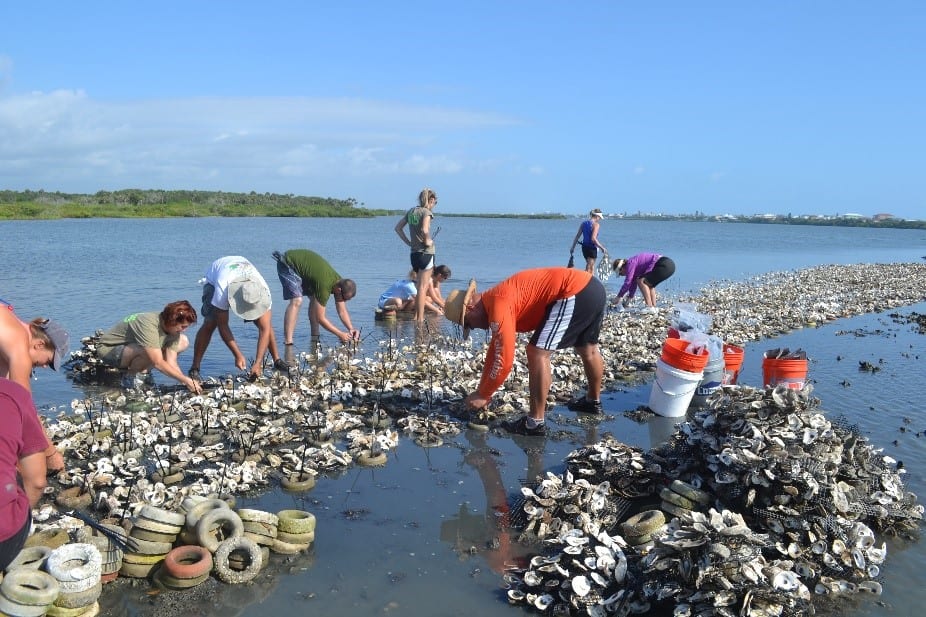UCF Joins International Consortium Aimed at Helping Coastal Communities

The University of Central Florida recently became a member of the Blue Community Consortium, which aims to help develop sustainable and economically successful coastal communities worldwide.
UCF’s National Center for Integrated Coastal Research – known as UCF Coastal – joined the consortium this month as part of its ongoing efforts to help develop sustainable, resilient and economically successful coastal communities while ensuring the ecological security of coastal ecosystems.
“Our missions overlay perfectly,” said biologist Graham Worthy, a UCF Pegasus Professor and center director. “Partnering with the Blue Community Consortium will allow our center to share its expertise and research capacity with a group of stakeholders that are of major significance to the Florida economy.”
The consortium is one of only two U.S. members of the United Nations World Tourism Organization’s International Network of Sustainable Tourism Observatories. Members share best practices on a global basis while simultaneously learning from best practices developed by other network members from around the world. Ultimately the agency monitors the economic, environmental and social impact of tourism at the destination level. The tourism organization has a long-standing commitment to the sustainable and resilient growth of coastal tourism.
The consortium has developed a certification process based on the global sustainable tourism criteria, with an emphasis on coastal-habitat protection, restoration and enhancement to enable tourism operations to become sustainable, reduce disaster risks, and improve their economy through eco-friendly tourism.
The nonprofit organization also organizes ocean-cleanup programs; helps improve ocean literacy; and supports ocean champions, ecosystems restoration and programs to adapt and mitigate the impacts of climate change.
The university launched UCF Coastal in 2017. It is an interdisciplinary approach to tackling the challenges facing coastal communities, which are connected to the economic well-being of many states and nations. Coastal communities face a range of challenges including pollution, overfishing, coral bleaching, ocean acidification and increased storm intensity, among others.
In Florida, for example, much of the economy relies on tourism with people going to the beaches and theme parks. Sea-level rise would harm beaches and they may no longer be a draw to tourists, resulting in fewer dollars coming to the state. Sea-level rise could also impact water quality of rivers, resulting in negative impacts to agricultural production, cattle production and even ecotourism businesses.
The center, housed on the main UCF campus, includes more than 40 faculty members from disciplines as diverse as biology, sociology, engineering public administration, health and others. The center’s researchers are pursuing multiple partnerships with national and international groups to expand its work.
Worthy and his team are planning an on-campus event in August, which will bring together elected officials, industry leaders, scientists and others to talk about the challenges facing coastal communities, how these challenges impact the state and to explore potential solutions to some of these problems.
For more information click here.
